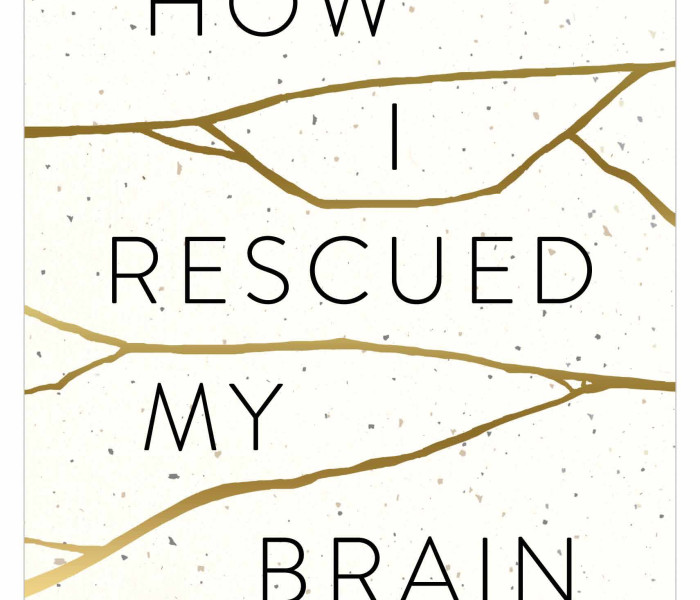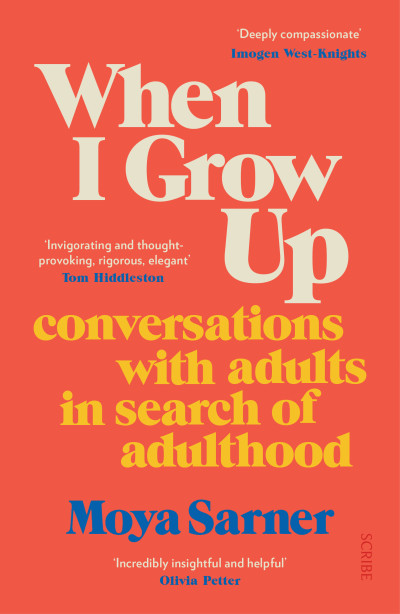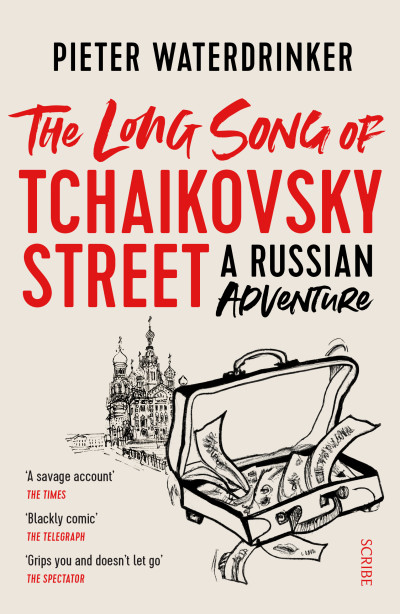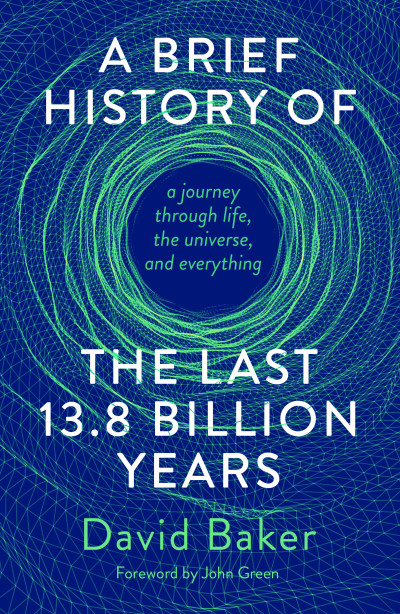As a psychologist specialising in court assessments, David Roland often saw the toughest, most heartbreaking cases. The emotional trauma had begun to take its toll — and then the global financial crisis hit, leaving his family facing financial ruin.
So when he found himself in a local emergency ward with little idea of where he was or how he got there, doctors wondered if he had had a nervous breakdown — if the strain of treating individuals with mental-health problems had become too much. Eventually they discovered the truth: David had suffered a stroke, which had resulted in brain injury. He faced two choices: give up or get his brain working again.
Drawing on the principles of neuroplasticity, David set about re-wiring his brain. Embarking on a search that brought him into contact with doctors, neuroscientists, yoga teachers, musicians, and a Buddhist nun, he found the tools to restore his sense of self: psychotherapy, exercise, music, mindfulness, and meditation.
How I Rescued My Brain is the story of David’s neurological difficulties and his remarkable cognitive recovery. It is also an account of a journey to emotional health and wellbeing. In the tradition of Marc Lewis’s Memoirs of an Addicted Brain and Jill Bolte Taylor’s My Stroke of Insight, this is an amazing tale of one man’s resilience, and his determination to overcome one of the most frightening situations imaginable — the fear that he had lost his mind, and might not get it back.
‘A clear affirmation of the importance of mindfulness and compassion for healing ... enlightening and inspiring. Beautifully demonstrates that healing is more than the absence of injury. There is hope for everyone affected by stroke: recovery is possible.’
Kate Richards, author of Madness
‘David Roland describes the breakdown of his mental world, a world he slowly pieces back together, with the candor of a man observing his brain from the inside. The narrative style is studded with rich descriptions of emotion and intuition unbounded by the constraints we normally take for granted. The result is an intimate portrayal of a brain uniquely injured and the courage and resilience we all require to make the best of what we have.’
Marc Lewis, author of Memoirs of an Addicted Brain
View all reviews
‘Engrossing from the first page … This is the inside story of a brain injury. A fascinating insight into what makes us who we are, how we think and what creates the way we operate in the world.’
Alan Close, author of Before You Met Me
‘This is an account of the incredible strength and sheer determination to overcome the odds ... Inspiring.’
Jane McKinley, National Stroke Foundation
‘[An] extraordinary book ... Anyone who has had any experience of mental illness, trauma or brain injury will find great hope in learning from this book about the resilience of our brains.’
Maryanne Hyde, Good Reading Magazine
‘[L]ays bare the disorienting realities of brain injury ... [Roland's] exploration of the subjective feel of cognitive impairment is illuminating ... He is an acute observer with an appealing voice.’
Nick Haslam, Australian Book Review
‘Roland’s breadth of research is ambitious [and] what he offers is accessible, often moving and always personal ... How I Rescued My Brain is more than just one man’s story of remarkable cognitive recovery: Roland offers an impressive translation of psychology and neuroscience for a lay audience. This thoughtful book works to reframe our view of how minds work more broadly, and how we come to terms with who we are ... Emotionally intelligent and engaging.’
Stella Charls, Readings
‘Nearly 800,000 people worldwide suffer strokes every year and Roland's memoir will be valuable to them ... It also has the potential to alter attitudes to disability more generally. Roland captures its isolating effects and demonstrates how distressing it is to have to justify your suffering, as incapacity benefit claimants are increasingly forced to today. As he says, "I am not imagining my difficulties; they are real."’
Max Liu, The Independent




















